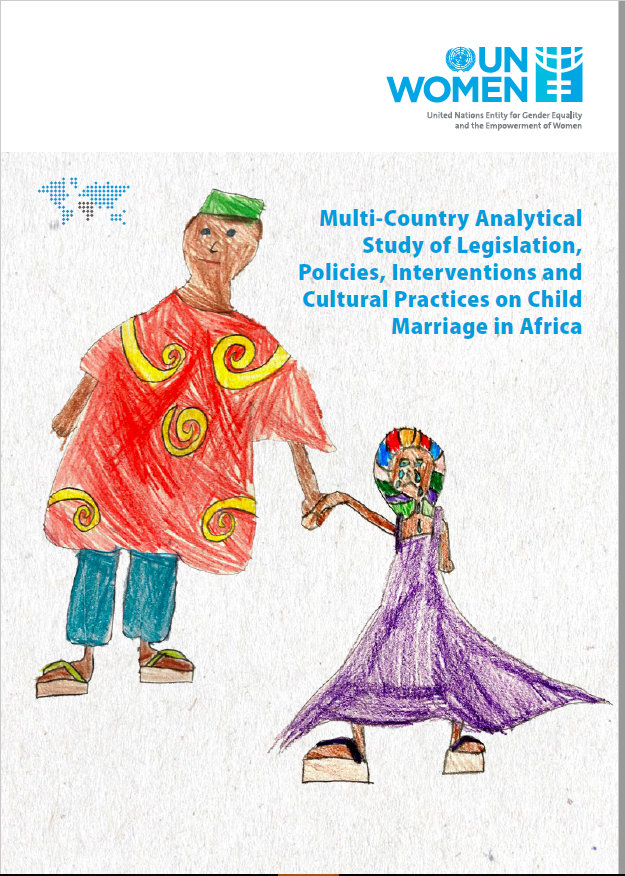
Multi-Country Analytical Study of Legislation, Policies, Interventions and Cultural Practices on Child Marriage in Africa

This report presents a Multi-Country Analysis of Legislation, Policies, Interventions and Cultural Practices on Child Marriage in Africa. The study assessed the state of child marriage in Africa from practice to policy and interventions towards its eradication with a focus on ten countries with a comparatively higher prevalence of child marriage in the continent and globally. A critical emphasis of the study was on the nexus between the existence and implementation of the policies/legislation, and the dominant cultural and religious practices that affect the outcomes of the interventions in those countries, especially in identified hotspot areas within the countries. By focusing on the socio-cultural conditions, policy environment and eradication initiatives, the study provides critical information and perspectives, effective and appropriate programs/investment and policies in Africa to delay the age of marriage and end child marriage as a practice. The study confirms a decline in the prevalence of child marriage in the ten study countries (Democratic Republic of Congo - DRC, Egypt, Ethiopia, Malawi, Mali, Morocco, Mozambique, Niger, Nigeria and Tanzania) over the last three decades. Efforts have been intensified in eradicating child marriage, but it remains a persistent problem in Africa, with the study countries included in the 17 African countries ranked among those with the highest rates of child marriage globally.